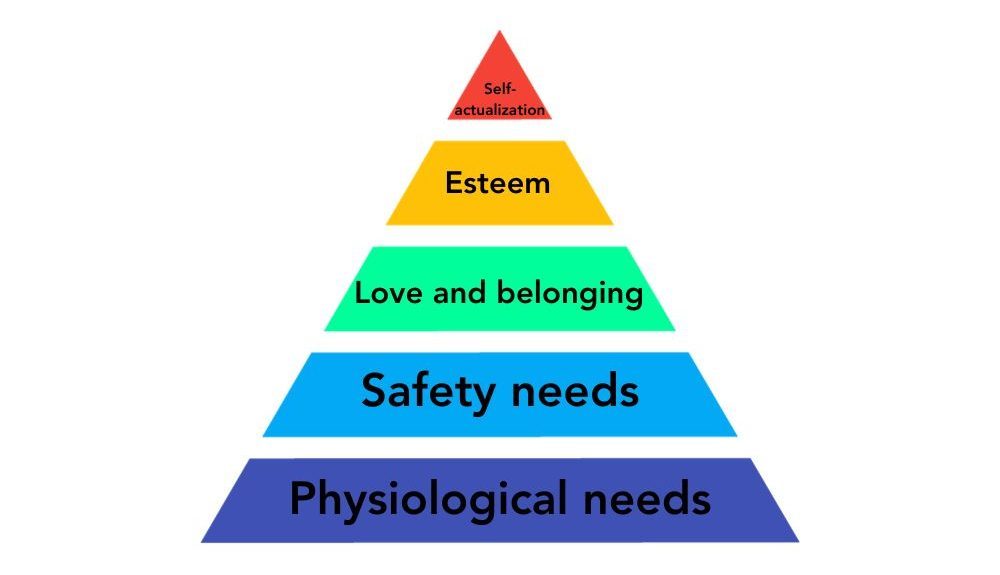Thank you. Good job. That’s a great idea. I value your input. These are just a few powerful phrases you can use to make your employees feel valued. Recognition and praise take minimal effort and provide uncountable benefits, especially in a remote work setting.
Whether you clock in daily or make your own schedule, getting your work done every day can feel monotonous. You do what’s expected of you, check in with coworkers and management, and continue with your day. It doesn’t always feel very inspiring, does it?
Studies show 82% of workers are happier when they receive recognition and praise. Happy employees lead to better company culture and more productivity, which ultimately increases revenue.
Some companies praise employees for tenure, which is important; however, employees should be honored more specifically for achievements rather than time spent with a company. Before your employees sluggishly reach 10, 20, or 30+ years with your company, show them your appreciation today.
Why Are Recognition and Praise So Important in a Remote Work Setting?
Remote workers are more susceptible to loneliness and burnout than in-office workers. While many companies work to improve group norms and culture, some remote employees feel underappreciated and overworked.
A poll by Bonusly shows that 46% of people have quit a job due to feeling underappreciated. Recognizing and praising employees helps with employee retention, motivation, and happiness.

The Harvard Business Review beautifully explains how positive and negative comments affect us. Praise releases oxytocin in our brains, lowering stress and anxiety and increasing satisfaction and happiness.
Since remote teams don’t pass each other in the hallways, it can sometimes slip a leader’s mind to check in or compliment an employee on a well-done task. However, business messaging apps like Slack and Microsoft Teams make this much more manageable.
The Power of Saying Thank You
“Thank you” is one of the most powerful phrases. It shows respect, admiration, appreciation, value, gratitude, and more. In the workplace, it creates a sense of teamwork and boosts confidence.
Maslow’s Hierarchy of Needs helps us understand how to motivate and meet employee’s needs. The hierarchy displays which needs are most vital to us and how they build upon each other, ultimately leading to self-actualization, where employees can happily and confidently work at their full potential.

While each section is essential, the “Esteem” section (second from the top) is about achieving goals and being recognized for your efforts. It emphasizes that we need to feel appreciated and like we belong to succeed.
5 Ways to Praise Your Employees
Praise should always be meaningful, impactful, and honest. Take the employees’ preferences into account. What’s their preferred method of communication? Would they appreciate public or private acknowledgment?
Here are a few ways to praise and recognize your remote employees:
Contact them
Contact your employees, whether it’s a video call, email, or message, and be specific with your praise. Some employees only hear from management when they’ve done something wrong, but positive calls can significantly improve morale. As they likely realize how busy you are, it shows a lot when you take time to contact them.
Give them unexpected time off
After a raise or a bonus, time off is one of the best ways to show employee appreciation. A study from Ergotron shows that remote and hybrid employees work longer hours than in-office employees. Grant them a few days to recharge, vacation, spend time with friends and family, or simply relax.
Allow more flexibility in their schedule
Allowing flexibility shows your employees that you trust them. If possible, allow them to control their schedule instead of ensuring they log in at a specific time and for a certain amount of hours.
Start a peer-to-peer recognition program
While recognition from a manager or team leader is excellent, being recognized by peers might be even better. An employee typically interacts with their coworkers daily. Coworkers see their peers’ highs, lows, confusions, and achievements more personally. They often see all the work an individual puts into a project rather than just the final product.
Gifts
Depending on how well you know your employee, the type of gift you give them will differ. If you know of a specific restaurant or cafe they enjoy, a gift card to that place is a sweet and individualized gesture that lets them know you listen when they speak. Otherwise, almost everyone can benefit from an Amazon gift card.
If you’d like to study more ways to show appreciation for your employees, The Five Languages of Appreciation in the Workplace by Paul White is a great book to check out. Some useful employee engagement software to consider include Achievers, WorkHuman, and Bonusly.


